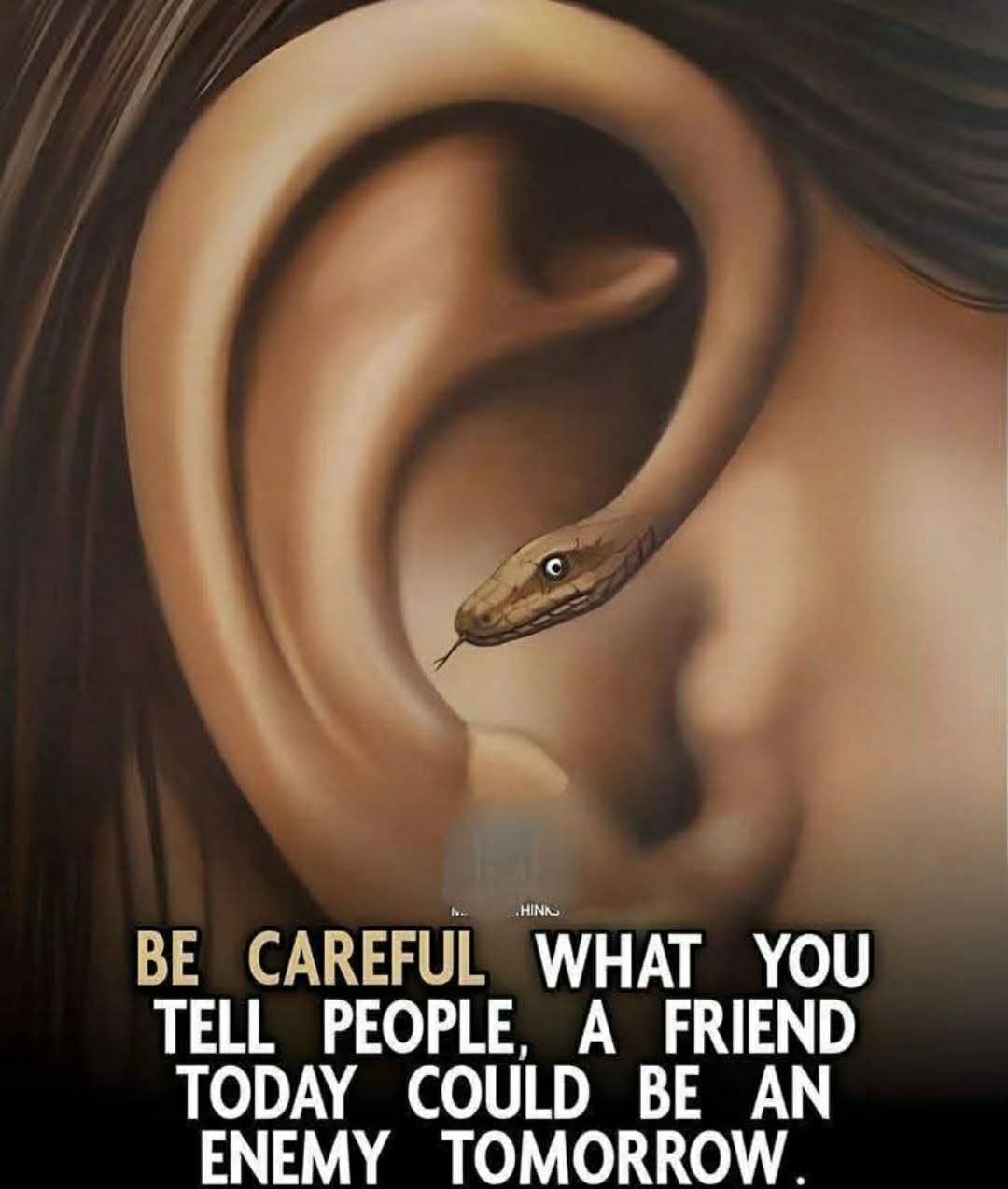
Here’s why your greatest growth might come from the very things that went wrong.
There’s something quietly terrifying about failure — not because something didn’t work, but because of what we make it mean. One job rejection, one relationship falling apart, one creative project that didn’t land, and suddenly, we’re convinced we’re broken. That we’re not good enough. That life has left us behind. But what if we’ve been misunderstanding failure this entire time?
What if failure wasn’t the end?
What if failure wasn’t even the point?
What if failing is just proof that you were brave enough to try?
We live in a world that glorifies success so much that it forgets to mention how messy the journey is. Everyone talks about the wins — the bestselling book, the million-dollar business, the perfect romance. But behind every highlight reel is a graveyard of missed calls, empty notebooks, awkward launches, and doors that never opened. Nobody posts that part. But that’s the part that builds you.
You are not the job you didn’t get.
You are not the business that didn’t take off.
You are not the relationship that fell apart.
You are the person who showed up. Who risked. Who tried.
And that makes you powerful.
Psychologists explain this using the concept of “global self-judgment” — when you fail at one thing and your brain paints your whole identity with that same failure brush. You bombed a presentation, and now you’re “not leadership material.” You ended a relationship, so you must be “unlovable.” You stopped going to the gym, so you’re just “lazy.” Sound familiar?
But life doesn’t work like that.
Failing at something is not the same as failing at everything. Think about it: would you call a toddler a failure because they fall when learning to walk? Of course not. Falling is part of it. But somehow, as adults, we lose that compassion for ourselves. We start believing the voice in our head that says, “You’re not enough.” But here’s the kicker — that voice is lying.
You are not here to win at every single thing. You’re here to experience. To stumble and grow. To touch the flame and learn. To break, then rebuild. That’s not failure. That’s life at its most real.
The most resilient people aren’t the ones who succeed all the time. They’re the ones who fail, learn, and come back with more clarity, more fire, more wisdom. Every failure leaves behind a clue — a lesson about timing, alignment, effort, or truth. When you stop fearing those clues and start listening to them, you change your entire relationship with yourself.
Think about the most powerful people you admire — Oprah, Steve Jobs, J.K. Rowling. Every single one of them has a history packed with failures that would’ve shattered the average person. What made them different wasn’t luck or talent. It was perspective. They didn’t see failure as a verdict. They saw it as a doorway.
So let me say this clearly:
You are not your worst day.
You are not the thing that didn’t work out.
You are the story you choose to tell about it.
And if you’re still here, still breathing, still trying — then life hasn’t given up on you. So don’t give up on yourself.
Redefine success. Let it mean showing up again after disappointment. Let it mean asking for help. Let it mean resting instead of quitting. Let it mean becoming more honest, more you, more alive. Because the truth is, people who never fail probably never tried anything bold.
So maybe it’s time to forgive yourself. For the project you dropped. For the relationship that ended. For the path that didn’t take you where you thought it would. That wasn’t a waste — it was a chapter. And the story isn’t over.
Because you fail at things, yes.
But you are not a failure.
You are still becoming. And that matters more than you know.



